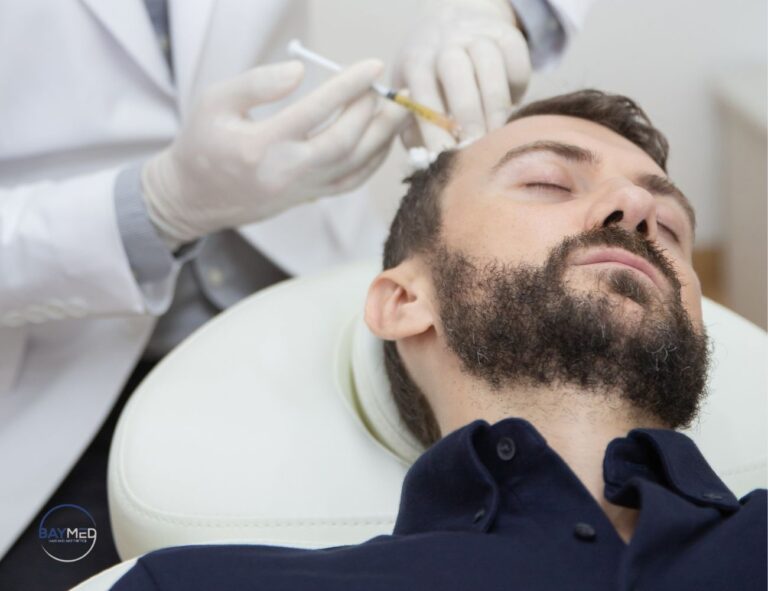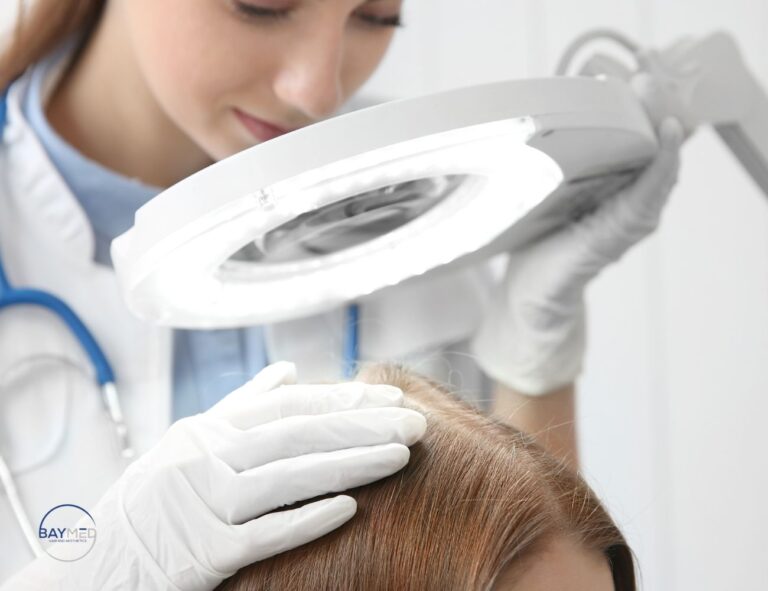Wait times to see a specialist, the cost of a procedure, and even the availability of a treatment or medication can be among the reasons someone might consider medical tourism. Sometimes, people even choose medical tourism because they want to visit the place where the doctor is.
But the harsh reality is that traveling for medical services can bring unexpected difficulties, additional pain, or serious complications. A 2011 study published by the Sultan Qaboos University Medical Journal found that as many of 15 patients in 100 experienced complications after medical tourism.
What Risks Are Associated with Medical Tourism?
The problem of medical tourism can be multi-faceted.
Some patients don’t do the research to make certain that the medical professional they are traveling to see has the proper credentials. Or they don’t investigate the procedure being offered and the corresponding likelihood of complications.
Others take only enough time off to travel and have the procedure done without considering the need for aftercare – or the difficulty that may come with traveling soon after a medical procedure. For those who opt to leave the country for medical tourism, they may not have considered language or cultural barriers that may affect their quality of care.
According to the Centers for Disease Control & Prevention, traveling outside of the United States for medical care can be risky. Flying soon after surgery can increase the risk of blood clots, and some areas of the world are at greater risk for antibiotic-resistant infection. Patients may also not get the post-treatment care that should be included in the procedure.
Additionally, if the patient has a problem after the surgery, their medical records (and the medical professional who provided the service) may not be available for consulting with local care providers.
What Are the Ethical Issues Associated with Medical Tourism?
One of the primary ethical concerns is the position that medical tourism puts local medical providers in. Doctors who have an ethical duty to treat patients may be unable to provide quality care because they are unaware of the treatment and medications that the patient received during their tourism treatment.
Some physicians may be reluctant to provide care… especially if the patient sought a different provider within the same specialty, chose a treatment that is not recognized in the United States, or did not inform them of the intent to seek alternative treatment.
According the American Medical Association, doctors have an ethical duty to understand why patients might have a financial reason to engage in medical tourism and do their best to ascertain that the patient is well-educated about both the risks and benefits of such a choice.
Why Is Medical Tourism a Problem?
Medical tourism involves several risks.
When selecting a hair restoration provider, asking about the doctor’s credentials and experience is very important… as well as confirming whether the procedure is performed by the physician or assistants. Those questions are even more important when considering the risks of medical tourism – especially since you can’t check word of mouth and it’s harder to verify credentials in another country. The same consumer protections that American patients expect may also be missing.
It’s not surprising then that the next set of risks are medical and results oriented. Improperly transplanted hair follicles can fail, and taking too many grafts can adversely affect the donor area. Even transplanting too many hair follicles in too small a space can be a problem because the follicles won’t receive proper support to heal and thrive.
Infection is always a possibility in any surgical procedure. While that’s a minimal issue in the U.S. – assuming the patient follows post-operative instructions – the risk can be substantially greater when medical tourism is involved due to poor patient instructions, insufficient sterilization procedures, and even the travel process itself.
Even the British Association of Aesthetic Plastic Surgeons (BAAPS) has found a 44% increase in complications and problems after having had cosmetic surgery (including hair restoration) in other countries. Similarly, the International Society of Hair Restoration Surgery (ISHRS), a non-profit medical association, has an annual “World Hair Transplant Repair Day.” The ISHRS also surveyed members and found that 96.4% of its members indicated that up to 25% of the hair transplant repairs they do are from “black market” procedures – which includes medical tourism.
While some destinations for medical tourism look at the industry as a revenue source, a study in the International Journal for Equity in Health argues that the practice skews health care availability.
Basically, the study found that most of the people using medical tourism come from the most developed – and often wealthiest – nations and go to lesser developed and/or less wealthy nations for treatment. Even the ability to travel internationally is a type of privilege that many of the poorest people in the world do not have.
Additionally, health resources in their home countries are being tailored to meet the needs of medical tourists… leaving more of the domestic population with restricted access to health care.
From a medical perspective, it makes it harder for the patient’s local providers to offer continuity of care and protect the patient from ill-advised or unproven treatment methods. Most medical tourism requires that the patient pay out of pocket for the care – meaning there is very little oversight into how they are treated.
So Why Is Medical Tourism Bad For Hair Restoration?
Here at BayMed Hair & Aesthetics, our staff is highly trained in state-of-the-art hair restoration procedures. We do significant work with our patients to determine the cause of their hair loss and work with you to promote the health of the hair you still have.
If our patients then go elsewhere for surgical treatment, we have no effective way to monitor the quality of care that they receive. We will be happy to provide continued care – but all too often we end up having to correct mistakes made during hair restoration procedures performed in other countries. But that surgery performed as part of medical tourism could possibly lead to severe scarring or related hair loss that we may not be able to help.
More importantly, though, hair restoration treatment can take months to see results. So, it could be quite a while before you realize that the treatment you received elsewhere was subpar.
Avoid the Pitfalls of Medical Tourism with Local Treatment at BayMed
If your interest in medical tourism is financial, let us know so can inform you of financing or credit options you may be a candidate for. If you have found a procedure that you think might be better than what we offer, give us a call so we can help you review restoration options tailored to your specific needs and issues. If you just want to go on vacation and get your hair restoration done while there… let’s talk about that. Wouldn’t you rather get your hair restoration done where you know the quality of service you’ll receive and then travel after looking (and feeling) your best?
BayMed Hair & Aesthetics understands that this is not an inexpensive procedure, but you only have one scalp. Let us help you protect it. Contact us today so we can help you get the best treatment for your hair loss issues.






